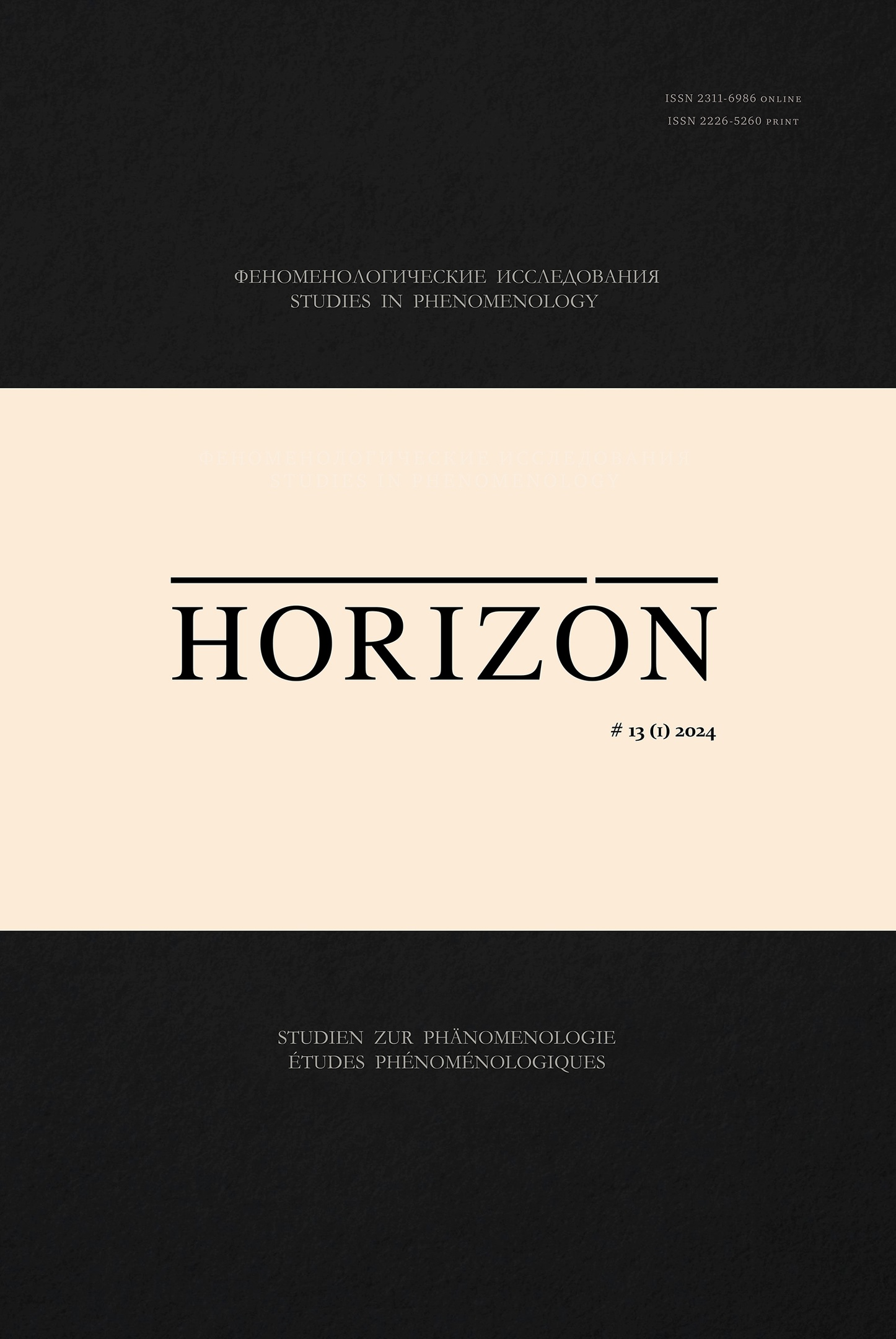Норма, онтология, концептуальная схема: Нормативное хайдеггерианство в философском И историческом рассмотрении
Norm, ontology, conceptual scheme: Normative Heideggerianism in philosophical and Historical consideration
Author(s): Ilia OneginSubject(s): Philosophy, Philosophical Traditions, Pragmatism, Existentialism, Phenomenology
Published by: Издательство Санкт-Петербургского государственного университета
Keywords: Martin Heidegger; normative interpretation; neopragmatism; norm; commitment; practical identity; constitutive standard; relay race; conceptual scheme;
Summary/Abstract: This article reconstructs the normative strategy of interpretation of Martin Heidegger’s Being and Time in modern analytical philosophy, and also proposes a theoretical framework for understanding this strategy as a historical phenomenon. The article describes the development of the normative direction in the interpretation of Heidegger’s fundamental ontology. Its first branch—the socio-normative, or the neopragmatist one—is associated with such philosophers as John Haugel and and Robert Brandom. The second one—the ethico-normative, or postneopragmatist one—branch is represented by StevenCrowell and Sacha Golob. It is shown that the first group of normativists focused mainly on implicit social norms and structures of conformity, while the second—focuses primarily on Kantian ethics and Christina Korsgaard’s interpretation of Kant, as well as on the inferentialist philosophy of language of Robert Brandom. The conceptual schemes used by each of the representatives of these approaches are reconstructed. The connections of different approaches within the framework of the normative direction with each other are shown. The concept of a relay race is proposed, which can describe normative Heideggerianism as a historical phenomenon. It is shown that the development of normative Heideggerianism can be characterized as theoretical progress in relation to the accuracy of the interpretation of Heidegger’s texts. The grounds for the comparative “progressiveness” of different normative approaches in the updates of the basic normative conceptual scheme that they involve are clarified. Itis also shown that the progress of the normative conceptual scheme in the direction of flexibility and adaptation to Heidegger’s text is fraught with a loss of meaningfulness of the very concept of norm. Itis argued that the concept of norm, despite the loss of its empirical content, can be used to translate Heidegger’s concepts for pragmatic reasons.
Journal: Horizon. Феноменологические исследования
- Issue Year: 13/2024
- Issue No: 1
- Page Range: 177-206
- Page Count: 30
- Language: Russian

